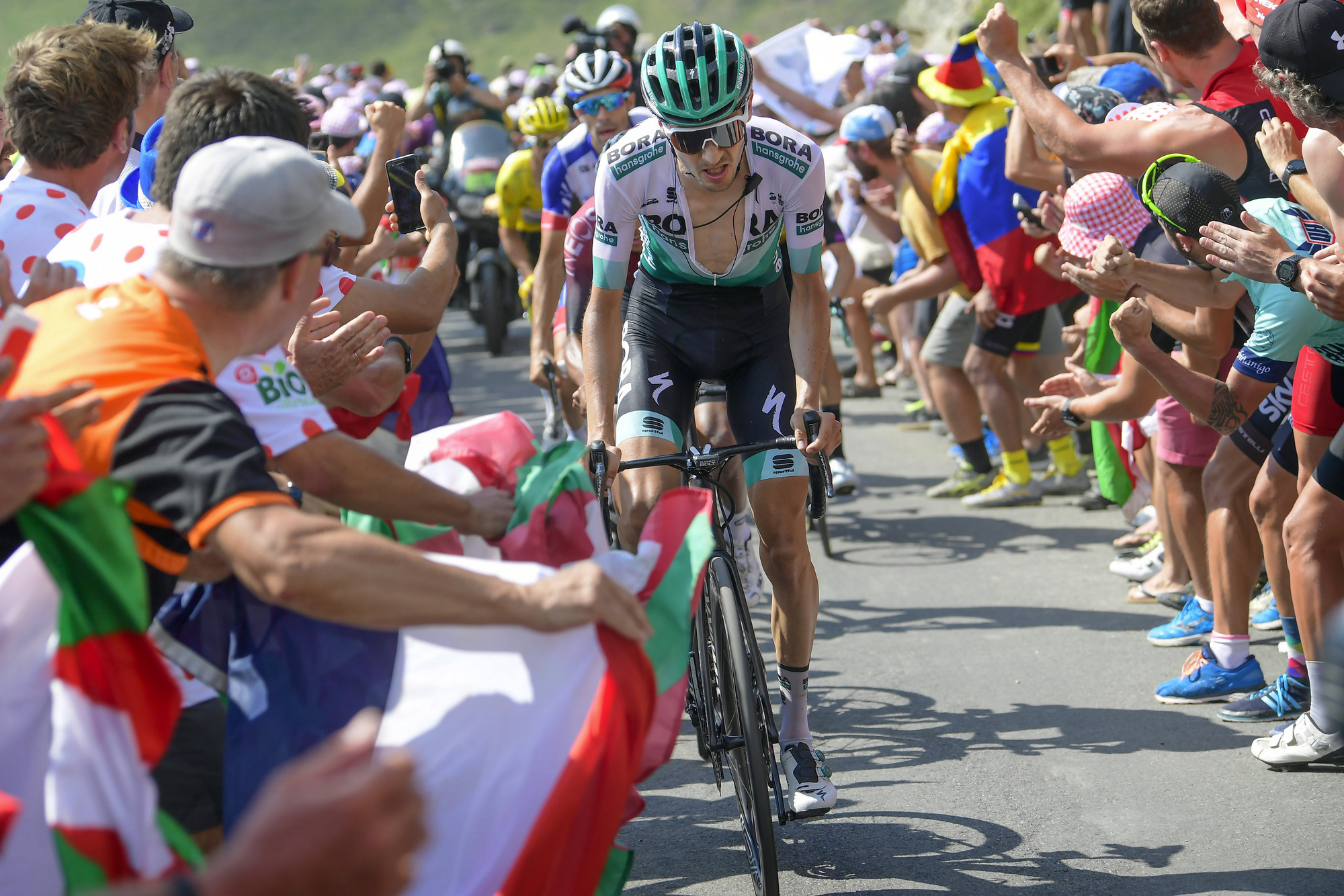Postponing Tour de France until 2021 would be 'in interests of public health' says epidemiologist
'There'd be some pretty substantial public health concerns with holding it in August' says Professor Benjamin Cowie

As part of a series of interviews with medical professionals conducted by Sporza.be regarding the safety of the Tour de France happening this year on its newly proposed dates of August 29-September 20, one epidemiologist has told the Belgian website that he would have some serious concerns for public health if the race goes ahead so soon.
Professor Benjamin Cowie, of the University of Melbourne, an infectious diseases physician and epidemiologist told Sporza: "Unless the Tour de France was held in a way that was almost unrecognisable compared to how it has been previously, you would have to say there'd be some pretty substantial public health concerns with holding it in August.
"I know a lot of major events have been postponed until a similar time [to normal] in 2021," he said, when asked whether the Tour cancelling its 2020 edition entirely may be a better option. "I think that's a conservative and safe approach, and one well worth considering.
"There's the economic impact, clearly, but that cuts both ways – for people to be able to travel, if they've lost their jobs, they've got substantial financial hurdles, so trying to get to the Tour de France, and to make it the event people know and love… It's going to look very different, no matter what happens, so I think you could certainly make a case on public health grounds to say, 'Let's reconvene this in 2021,'" he said.
Stefano D'Amelia, a professor of infectious diseases at the University of Rome – and also a self-confessed cycling enthusiast who, from that perspective, would like to see racing taking place this year – was slightly more optimistic.
"As a cycling fan, having the season so far without the Classics has been hard," he said. "There are some things you can probably do to make it the Tour possible. The first would be to have no supporters. But it's different to football because they're out on the road, and you've seen climbs like the Col d'Izoard or the Col du Tourmalet, where there are millions of people at the road side, and it would be impossible for it to go ahead like that.
"The second thing is the risk between the riders," D'Amelia continued. "If you're passing a bottle of water, or something, there are a lot of instances of possible transmission between the riders.
Get The Leadout Newsletter
The latest race content, interviews, features, reviews and expert buying guides, direct to your inbox!
"Then there are all the journalists, all the team staff, the masseurs that have to touch [the riders]."
Additionally, D'Amelia addressed the possibility of riders taking part in the Tour being more susceptible to being infected by the coronavirus.
"The rider goes through big physical stress, and this could affect their immune system, so I think it would be important to look at the studies that have been made on the effect of physical stress on the immune system," he said.
Cyclingnews is the world's leader in English-language coverage of professional cycling. Started in 1995 by University of Newcastle professor Bill Mitchell, the site was one of the first to provide breaking news and results over the internet in English. The site was purchased by Knapp Communications in 1999, and owner Gerard Knapp built it into the definitive voice of pro cycling. Since then, major publishing house Future PLC has owned the site and expanded it to include top features, news, results, photos and tech reporting. The site continues to be the most comprehensive and authoritative English voice in professional cycling.